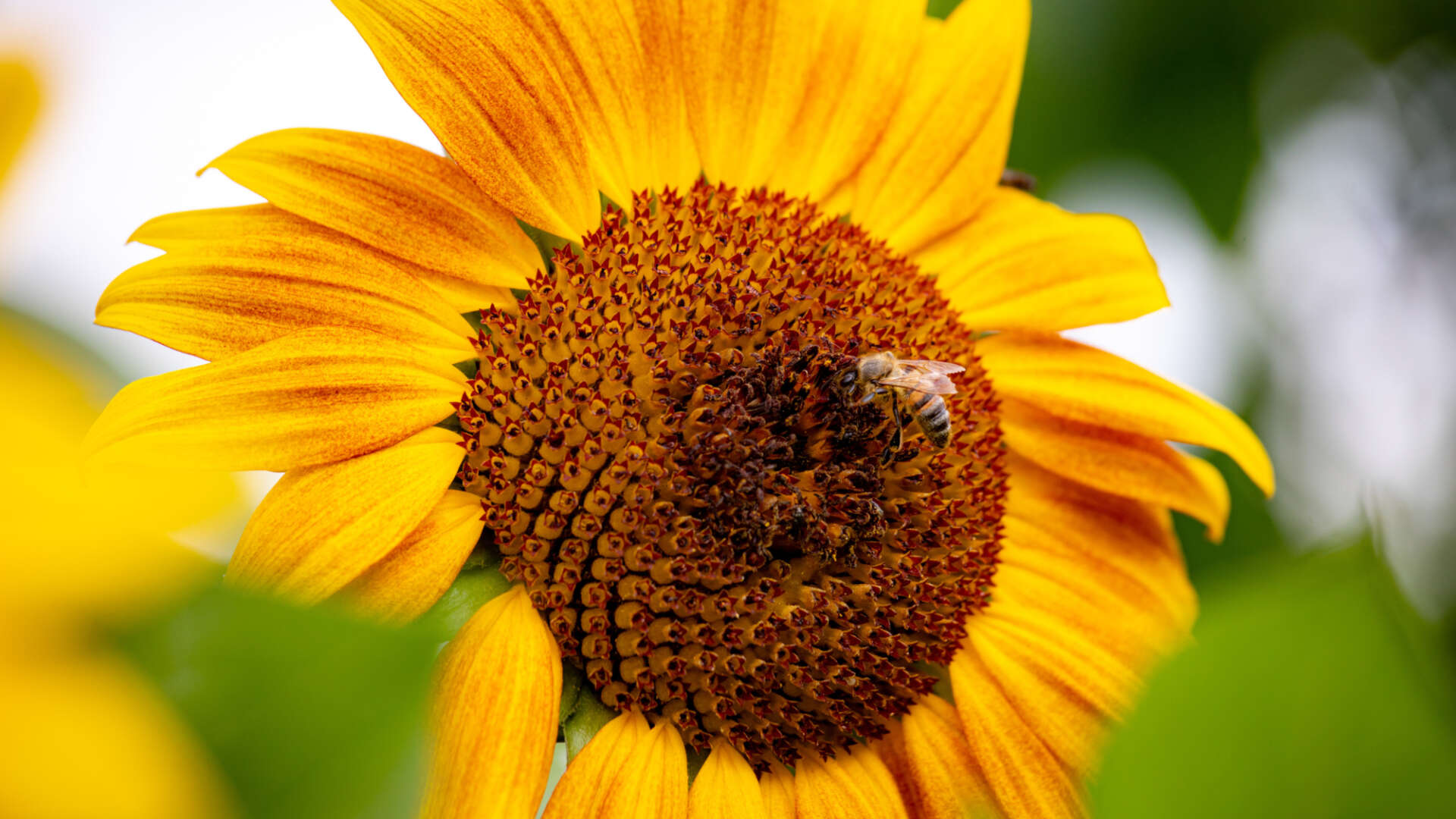EU safety agency concludes that neonic pesticides are a threat to bees

The current EU/UK ban on just three neonics ran out last year. Garden Organic has consistently campaigned for the ban to be extended. “This report certainly strengthens the case for further restrictions on neonicotinoid use,” writes Prof Dave Goulson of the University of Sussex, Brighton.
The EFSA report found that the risk to bees varied, depending on the crop and exposure route, but that “for all the outdoor uses, there was at least one aspect of the assessment indicating a high risk.”
It also explained that the risk to bees comes not just from use on non-flowering crops, but from a wider contamination of the soil and water. This leads to the pesticides appearing in wildflowers – visited by bees, butterflies and other pollinators – as well as in succeeding crops, arising from the chemical residue which remains in the soil.
Prof Goulson explains:
“This report incorporates the many new scientific studies published in the last 5 years, plus it specifically considers impacts on wild bees (bumblebees and solitary bees) as well as domesticated honeybees.
“This was clearly a long exercise, taking over two years, involving detailed appraisal of 588 scientific experiments from the literature, and involved repeated consultation with external experts….. There seem to be no uses of neonicotinoids in outdoor situations that were judged to pose a low risk to all groups of bees.” He goes on to say “The report also highlights remaining knowledge gaps, which are considerable ….. given that there are nearly 2,000 species of bee in Europe, most of which have never been studied with regard to impacts of pesticides.”
Bayer, a major manufacturer of neonics, “fundamentally disagrees” with the EFSA conclusion, saying that U.S. and Canadian regulators have determined that neonicotinoids are safe for honey bees.
See here for further information on neonics.
To ban or not to ban?
In 2013, the EU commission banned the use of three neonics - imidacloprid, clothianidin, and thiamethoxam - for just 3 years, on flowering field crops such as corn, sunflower, and rapeseed. However, the pesticides can still be used in greenhouses, non-flowering crops, and for spraying certain crops after they flower. Many garden centre plants, ironically grown to encourage pollinators, have also been treated with neonics.
The EFSA report will inform the EU Commission in their decision making on whether to extend the ban. Secretary of State for the Environment, Rt Hon Michael Gove, indicated this year that he was in favour of an extended ban. The Commission has yet to set a date on its decision.